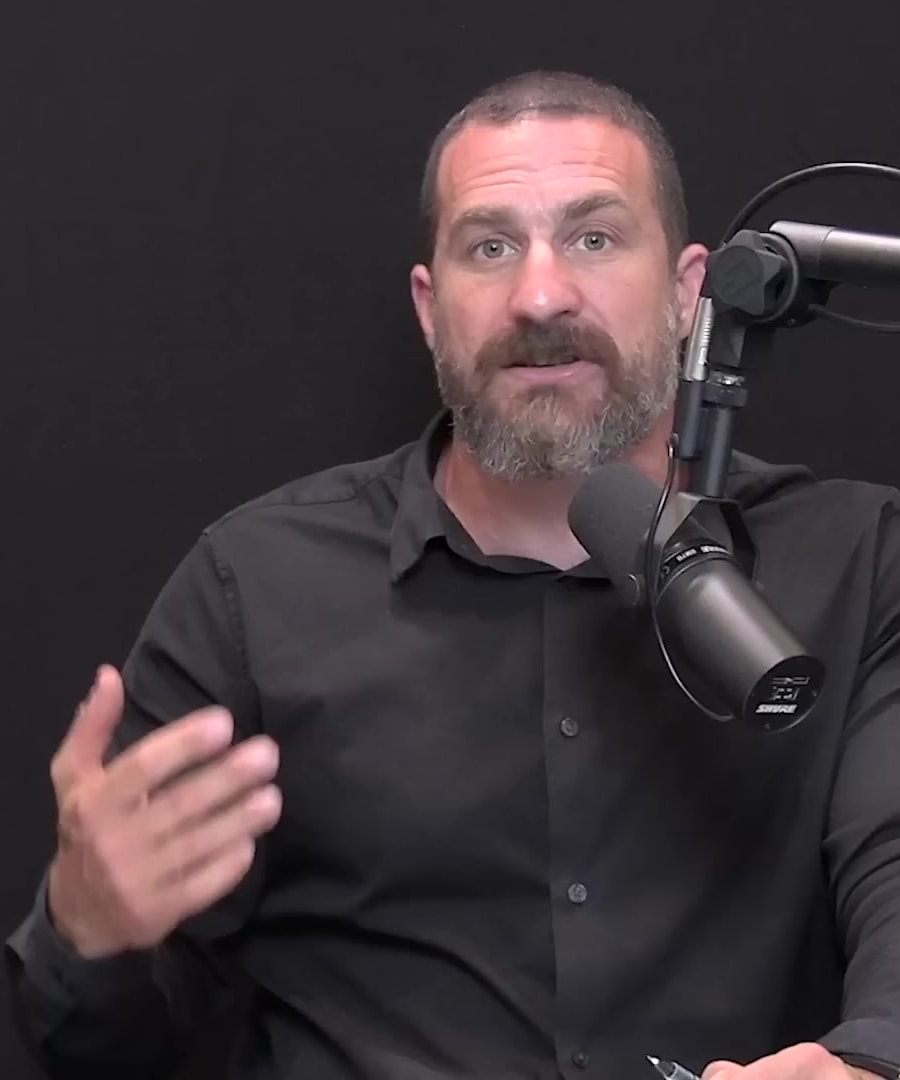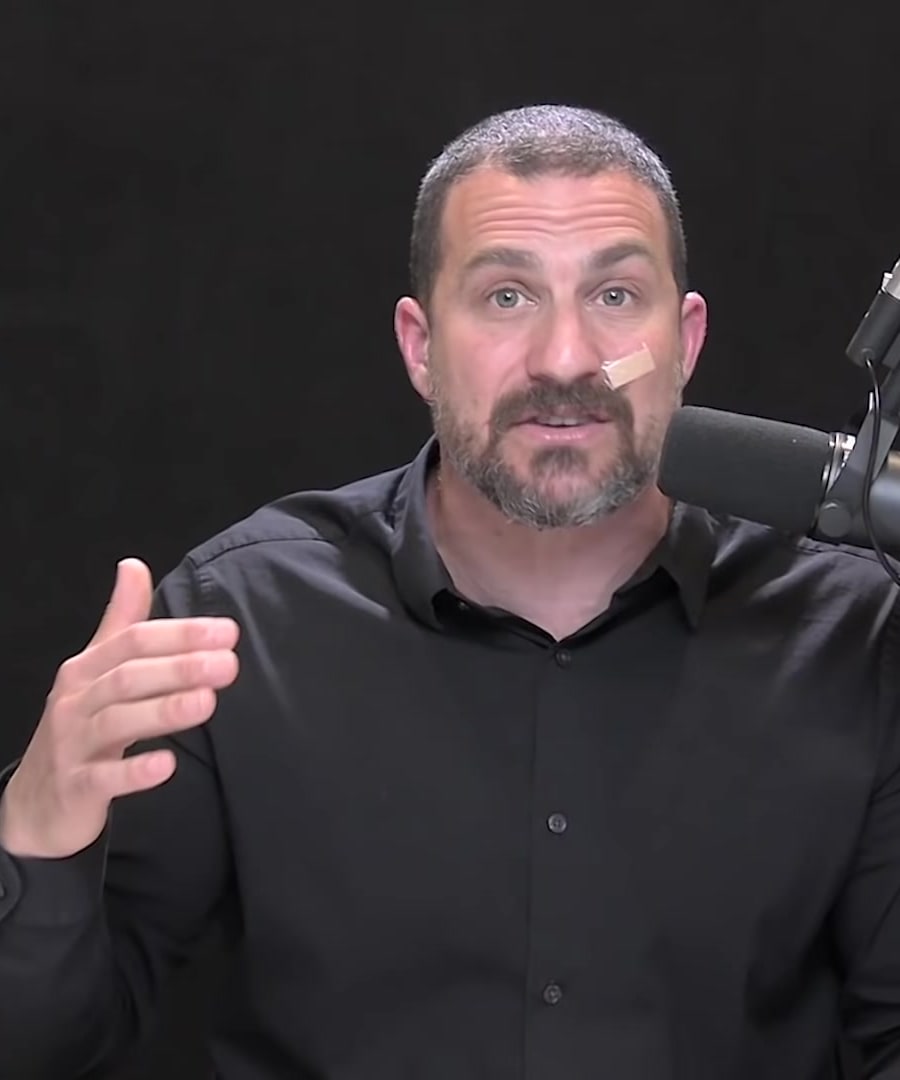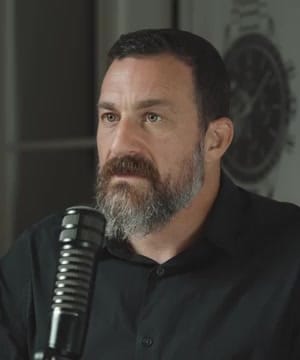Why is bright light at night bad for sleep?
Sources:
Bright light at night is bad for sleep because it can disrupt the natural release of melatonin, the hormone that helps you feel sleepy and fall asleep. Viewing bright artificial light, particularly overhead lights, between 10:00 p.m. and 4:00 a.m. can negatively affect your sleep quality and ability to fall and stay asleep. Artificial lights overhead mimic sunlight, which can activate the neurons responsible for waking up your brain and body, an effect you don't want at night when your goal is to sleep 1.
Bright light exposure during this time can also suppress dopamine release, which may lead to a lower mood, learning difficulties, and a cascade of negative cognitive effects. To optimize sleep-wake cycles and mood, it's important to limit exposure to bright artificial lights during the night and use as little light as necessary for safety 2 3.
To mitigate the negative impact of light at night, it is advised to get sunlight early in the day and possibly around sunset, while avoiding bright lights, especially overhead bright lights, after 11:00 p.m. 4. Regular bright light exposure during the early hours of the day, without sunglasses, and avoiding bright light at night can also optimize hormone levels such as cortisol, dopamine, testosterone, and estrogen 5 6.
RELATED QUESTIONS
Why is bright light at night bad for sleep?
- RELATED QUESTIONS





